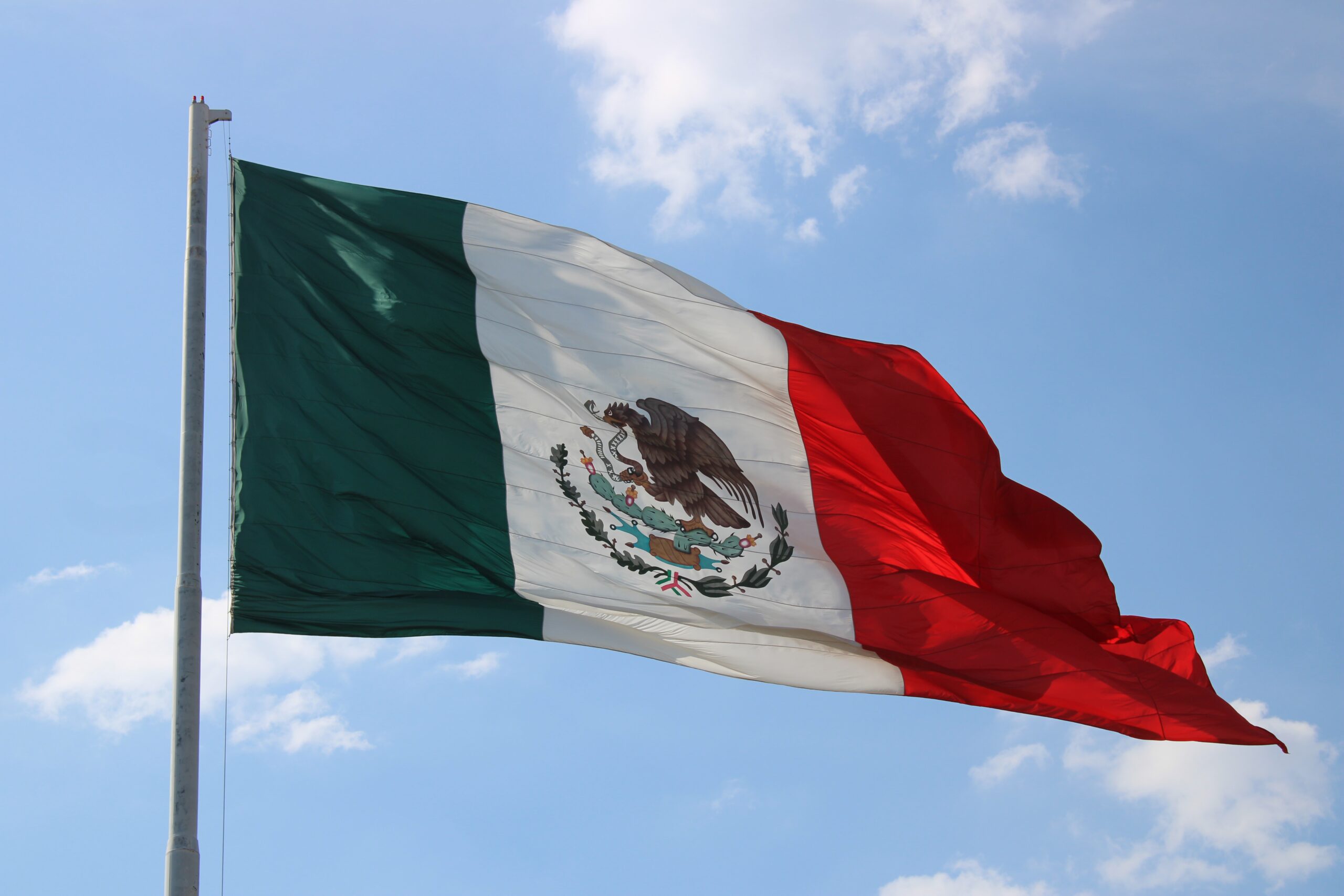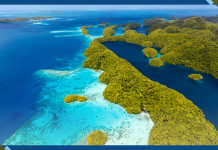Written by: Kimberly White
Mexico has taken a big step towards achieving the UN Sustainable Development Goals (SDGs), standing at the forefront of sustainable finance innovation.
The country became the first in the world to issue a bond linked to the SDGs. Mexico is beginning its new program blazing new trails for sustainable finance with the creation of the bond. Issued under Mexico’s new SDG Sovereign Bond Framework, the historic seven-year bond totals $890 million.
“We are very excited about [the SDG Bond], not only because it inaugurates our sustainable financing country program, but also since it was designed with unique features that will allow us to reinforce government actions towards the implementation of the SDGs and the 2030 Agenda,” Deputy Finance Minister Gabriel Yorio told The Planetary Press.
“In particular, it is the bond’s framework that makes it unique. The ‘Sustainable Development Goals Sovereign Bond Framework’, which was designed by the Ministry of Finance, allows the government to pinpoint eligible projects, assets and expenditures that support Mexico’s fulfillment of the SDGs,” he added.
The SDGs Bond will be used to finance programs aligned with the SDGs. Deputy Finance Minister Gabriel Yorio related that the Framework targets 11 out of the 17 Sustainable Development Goals.
The Government of Mexico invited collaboration from the United Nations Development Programme (UNDP). The UNDP provided feedback on the Framework, commending the use of the UN goals as an entry point.
The UNDP reported that Mexico’s innovative bond will help to strengthen budget transparency and increase earmarked spending for sustainable development initiatives.
“We have a commitment to investors to provide an annual impact report on the expected environmental and social benefits of these eligible expenditures, for as long as the SDG Sovereign Bond is outstanding, provides an additional level of transparency and accountability in the effective delivery of the SDGs. The impact report will include qualitative performance indicators and, where feasible and available, quantitative specific results of the impacts of budgetary programs. The UNDP will provide support to design the impact report,” said Yorio.
The inaugural SDG Bond is centered around goals 2, 3, 4, 8, and 9. Eligible SDG expenditures include training and subsidies for small and medium farmers, educational scholarships, and hospitals and medical equipment.

Data collected through the Census of Population and Housing and further analysis from the National Council for Evaluation of Social Development helped determine regional disparities, ensuring that only programs targeting the most vulnerable populations (Indigenous, elderly, and children) are eligible for SDG finance.
“We celebrate that the government of Mexico is embracing finance innovation to achieve the Sustainable Development Goals. It is a global milestone in the commitment to achieve the 2030 Agenda with participation of private funding, as this bond has already attracted over 70 institutional investors and funds committed to ESG portfolios,” Carolina Puerta Ocampo, Country Manager Mexico at Banca de Inversión Sostenible said in a statement to The Planetary Press. “The fact that the United Nations has already created a protocol on how these investments will be made is a roadmap for local governments, entrepreneurs and companies to apply to these resources, and we at Banca de Inversión Sostenible, as members of Mexico’s National Advisory Board for Impact Investing, look forward to supporting initiatives from both the public and private sectors that can benefit from these resources and are ready to participate in this great historical moment for the country.”
Mexico’s capital city recently received recognition for its work to combat climate change.
Mexico City was named the Global Winner of WWF’s One Planet City Challenge (OPCC), becoming the first Latin American city to win the challenge. The OPCC aims to mobilize cities to take climate action in line with the Paris Agreement.
Mexico City’s strong leadership and ambitious climate action plans impressed the jury. The city’s creation of a massive public transport system, extensive network of public bicycles, energy efficiency improvements, and design of an early warning and detection system for natural disasters were among the commitments highlighted by WWF.







